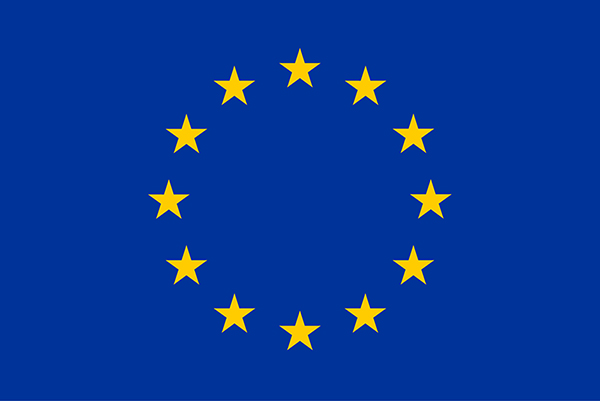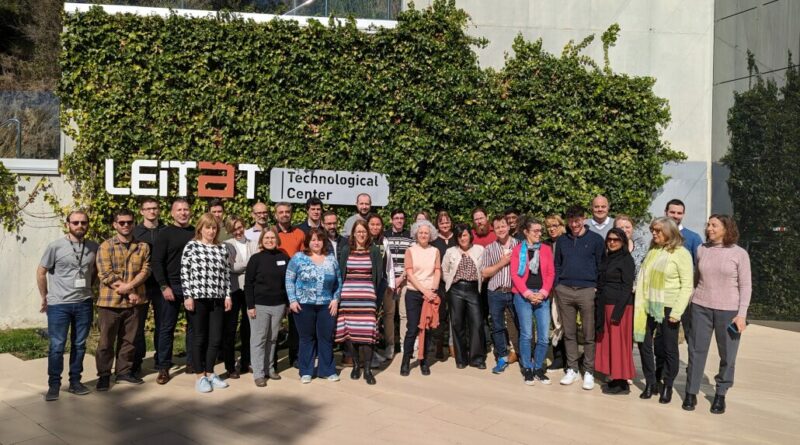Consortium meeting of the Mission Ocean UPSTREAM project at Leitat
On 12th and 13th of March, Leitat hosted the first consortium meeting of the Mission ocean UPSTREAM project, co-financed by the European Union and the UK Research and Innovation.
The consortium partners presented the results achieved during the first 6 months of the project, with major achievements in:
Standardisation of litter, plastics, and microplastics sampling and monitoring framework
Implementation of prevention by design strategies through the development of novel biodegradable plastics for cosmetics and food packeging purposes
Technologies for microplastics removal from wastewater treatment plant sludge and effluent
Remediation technologies for collecting litter, plastics and microplastics from river surface and riverbeads
Design and implementation of an efficient communication and dissemination strategy
THE PROJECT
UPSTREAM is an Horizon Europe Innovation Actions project aims to improve the cleanliness and water quality of the European rivers run through several major European capital cities and feed into 5 sea basins.
The project is based on the widespread deployment and demonstration of a suite of 15 advanced solutions that address the serious issues of pollution from litter, plastics, and microplastics in 7 European rivers along 5 pillars – monitoring, prevention, elimination at wastewater treatment plants, elimination from rivers, and valorisation of collected plastics. Investigations of the effectiveness and replicability of the solutions within the varying ecosystems of 5 different demonstration sites will allow for engagement with regions beyond the partnership to quickly scale up the solutions, contribute to the Mission objectives, and expand the water system knowledge base throughout Europe.
Keep up to date with the latest project news:
Website: upstream-project.eu/
LinkedIn: upstream-horizon-project/

Co-Funded by the European Union under Grant Agreement no 101112877. Views and opinions expressed are however those of the author(s) only and do not necessarily reflect those of the European Union or CINEA. Neither the European Union nor the granting authority can be held responsible for them. This work was also co-funded by UK Research and Innovation (UKRI) under the UK government’s Horizon Europe funding guarantee grant numbers 10082527, 10066959, 10089056, 10087702, and 10066963.

